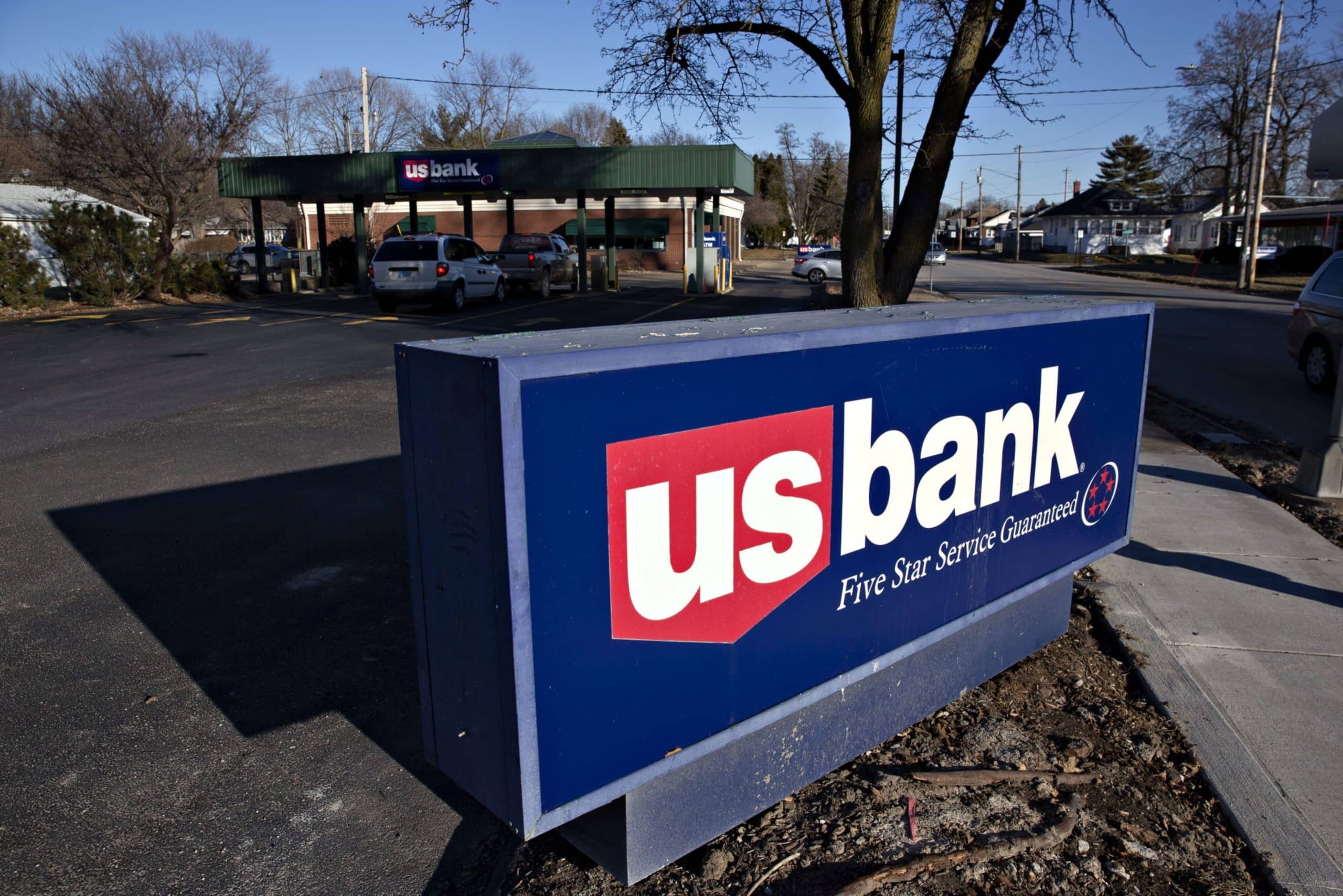[ad_1]
The Bank of England unveiled a dismal imaginative and prescient for the British economic system on Thursday, predicting a protracted recession beginning later this yr because the impression of excessive inflation bites. However the central financial institution strengthened its effort to sort out hovering costs because it raised rates of interest half a share level, the most important bounce since 1995.
The financial institution elevated its benchmark fee to 1.75 p.c, the best since 2008, because it forecast that the annual fee of inflation will climb above 13 p.c when family vitality payments bounce larger in October. That will be the best stage of inflation in 42 years, and 6 occasions the financial institution’s 2 p.c goal.
A lot of the surge in costs remains to be coming from the worldwide vitality market, the financial institution stated. Up to now three months, wholesale pure fuel costs for this winter have practically doubled, which the financial institution predicted would push the cap on family vitality payments as much as 3,500 kilos (about $4,245) within the fall, 3 times the quantity a yr in the past.
The outlook for thousands and thousands of British households is grim. Incomes, adjusted for inflation and taxes, are predicted to fall sharply this yr and subsequent, within the worst decline in data courting to the Sixties.
Britain, the world’s fifth-largest economic system, will enter a recession within the final quarter of this yr that can final by means of 2023, the financial institution forecast, the identical size of the recession after the monetary disaster in 2008.
“The most recent rise in fuel costs has led to a different important deterioration within the outlook for exercise” in Britain and the remainder of Europe, policymakers stated, in accordance with minutes of this week’s assembly. Britain “is now projected to enter recession.”
The speed change introduced on Thursday was the sixth improve since December because the financial institution tries to sort out inflation, which is operating at its quickest tempo in 4 many years. It has been beneath some strain to extend charges by greater than its standard quarter-point transfer as inflationary pressures persist and other major central banks take more aggressive action to halt value will increase.
The Financial institution of England was the primary main central financial institution to start out elevating charges in response to international inflation because it reined in financial insurance policies that supported the economic system in the course of the pandemic. The European Central Bank raised rates of interest final month for the primary time in additional than a decade. And in the USA, the Federal Reserve raised charges final week by three-quarters of a share level for the second straight month.
There may be little the banks can do to gradual vitality costs or ease provide chain disruptions, however their purpose is to ensure speedy value rises don’t final too lengthy by making it costlier for customers and companies to borrow cash. Thus far, unemployment has remained typically low in the USA, the European Union and Britain, however the threat is that in attempting to deliver down inflation, policymakers will trigger deep downturns and layoffs. The International Monetary Fund warned final month {that a} international recession could possibly be at hand.
International inflation has been exacerbated by the conflict in Ukraine and Western sanctions on Russia, which have additional interrupted provide chains and pushed up the price of vitality.
Inflation F.A.Q.
What’s inflation? Inflation is a loss of purchasing power over time, that means your greenback is not going to go as far tomorrow because it did at present. It’s usually expressed because the annual change in costs for on a regular basis items and companies comparable to meals, furnishings, attire, transportation and toys.
“There may be an financial value to the conflict,” Andrew Bailey, the governor of the financial institution, stated on Thursday. “But it surely is not going to deflect us from setting financial coverage to deliver inflation again to the two p.c goal.”
In Britain, consumer prices rose 9.4 percent in June from a yr earlier, quicker than inflation in the USA and the eurozone.
The Nationwide Institute of Financial and Social Analysis, a London assume tank, stated on Wednesday that the economic system was getting into a recession on this quarter and would lose 1 p.c of gross home product over three quarters.
“We’re actually in stagflation right here,” Stephen Millard, the deputy director of the analysis institute, stated earlier than the financial institution’s choice.
As excessive inflation meets a recession, family incomes are being squeezed as a result of pay progress isn’t maintaining with rising costs. The analysis institute has known as for extra authorities assist to low-income households as meals costs proceed to rise and family energy bills bounce, maybe by as a lot as 75 p.c within the fall.
The Financial institution of England’s personal forecasts are even gloomier. Subsequent yr, the economic system will contract 1.5 p.c, it predicted, assuming no change in fiscal coverage. It reveals the dimensions of the financial problem going through the 2 Conservative lawmakers battling for the get together management and position of prime minister. A lot of the talk to date has centered on taxes, with Liz Truss, the front-runner, vowing to rapidly lower them for staff and companies amid a cost-of-living disaster.
Ms. Truss has additionally stated she would re-evaluate the financial institution’s mandate from the federal government to make sure value stability, to ensure “it matches a number of the only central banks on the planet at controlling inflation.” The central financial institution has been impartial of the Treasury since 1997, however the authorities nonetheless units the inflation goal. Ms. Truss added that it had been a very long time because the mandate was scrutinized.
Mr. Bailey prevented getting drawn into hypothesis a few new mandate in a information convention on Thursday. “I’m not going to touch upon something that has been stated by the candidates to be chief of the Conservative Get together,” he stated.
Even because the financial outlook worsens, the central financial institution has emphasised its main purpose in bringing down inflation. Eight of the 9 members of the rate-setting committee voted for the outsize transfer amid indicators that inflationary pressures have been turning into extra persistent and rising in additional elements of the economic system.
“The combo of excessive near-term inflation and weak exercise main as much as a recession is a difficult backdrop for financial coverage,” however the focus should stay on inflation and inflation expectations, Mr. Bailey stated.
The inflation image has deteriorated quickly. In December, when the financial institution first raised charges, it predicted inflation would peak at 6 p.c in April. Now that peak is six months later and greater than twice as excessive. Greater vitality costs are a main purpose for the speedy inflation, the financial institution stated, however provide chain disruptions and home inflation pressures are additionally rising.
Inflation for shopper companies, that are a lot much less affected by the worldwide value of products, was up 5.2 p.c in June from a yr earlier, the best since early 1993. The tight labor market can also be pushing up inflation. Unemployment is low and job vacancies are excessive, so underlying wage progress is rising as employers compete to rent and retain employees. In the meantime, firms are passing alongside a bigger share of their value will increase on to their prospects.
Regardless that some contributors to inflation are displaying indicators of easing, comparable to international commodity costs, policymakers took solely restricted consolation from these alerts. There’s a threat {that a} longer interval of inflation generated by exterior elements, comparable to international vitality costs and pandemic-related provide chain disruptions, will result in “extra enduring” value and wage pressures at residence, the minutes stated. This was one of many causes for the larger-than-usual rate of interest improve.
There are “exceptionally giant” dangers across the financial institution’s financial and inflation forecasts, Mr. Bailey stated. However inflation ought to fall again towards the financial institution’s goal in two years, based mostly on monetary market expectations concerning the future path of rates of interest. Because the financial institution was producing its forecasts, markets anticipated charges to rise to three p.c within the first half of subsequent yr after which decline.
Policymakers are more likely to improve charges extra cautiously than markets count on as a result of the dominant drive driving costs larger — the price of pure fuel — is exterior the management of financial coverage, Martin Beck, an financial adviser at EY, stated in a observe to shoppers. These larger vitality costs will finally scale back demand and, due to this fact, trigger costs to fall, he added.
Whereas the financial institution is utilizing larger rates of interest as its foremost software to restrain inflation, within the background additionally it is reversing certainly one of its main insurance policies that helped assist the economic system in the course of the pandemic: bond shopping for. Till December, the financial institution elevated its holdings of British authorities bonds to £875 billion however has since stopped reinvesting the proceeds from maturing bonds, permitting its stability sheet to shrink.
Subsequent month, it expects to take a step it has by no means carried out earlier than and begin promoting bonds again to the market. It expects to promote about £10 billion in bonds every quarter for the primary yr, if the market circumstances are applicable and policymakers vote to start the method.
With a lot uncertainty concerning the economic system and costs, the financial institution provided fewer hints concerning the future path of rates of interest, emphasizing, as different central banks have carried out lately, that it’s going to base its selections on the most recent information.
“Coverage is just not on a preset path,” the minutes stated.
[ad_2]
Source link












%20(1).png)








